Stone Gate Pass in Yangbi County, Dali
Overview
Located along the banks of a river behind Cangshan Mountain (苍山), Stone Gate Pass features two towering cliffs resembling massive stone doors. The area is marked by cascading streams and waterfalls, creating a stunning natural landscape. Surrounded by steep cliffs, the gorge is deep, with rapid streams flowing through it. Stone Gate Pass is described as a divine creation, embodying the phrase, “一夫当关,万夫莫开” (One man guards the pass, ten thousand cannot open it).
Stone Gate Pass, also known as “Dali Cangshan Stone Gate Pass” (大理苍山石门关), is an essential part of the Cang’er Scenic Area (苍洱景区), which includes Cangshan National Geopark (苍山国家地质公园), a national nature reserve, and a national scenic area. It is located approximately 399 kilometers from Kunming (昆明), 24 kilometers from Dali (大理), and 8 kilometers from Yangbi County (漾濞县). The scenic area spans 28.2 square kilometers and was recognized as a provincial scenic area in 1993 and upgraded to a national AA-level tourist site in 2001.
Notable attractions include:
- Fog Locking Stone Gate (雾锁石门)
- Bell of Fortune (福国晚钟)
- Clear Valley (澄明虚谷)
- Orchid in the Cliff Gorge (崖涧幽兰)
- The Sunset on Cangshan (苍山夕照)
Geographical Features
Stone Gate Pass features a classic canyon landscape, originating from the Jinzhan River (金盏河) at the peak of Cangshan’s Yujufeng (玉局峰). The V-shaped gorge is approximately 1,200 meters long, with the Stone Gate (石门) section extending about 600 meters. The highest points reach elevations of 2,321.8 meters (金盔寺) on the northern cliff and 1,760 meters on the southern cliff.
The rocky formations consist of gneiss and marble, with the southern side known as Cuiping Mountain (翠屏山) and the northern side as Qingliang Mountain (清凉山). The vegetation is primarily composed of secondary Yunnan pine (云南松), oil cedar (滇油杉), and various subtropical broadleaf trees. Stone Gate Pass is recognized as one of the “Sixteen Scenic Views of Yangbi” (漾濞古十六景).
Historical Records
The famous Ming Dynasty traveler Xu Xiake (徐霞客) described his visit to Stone Gate Pass, noting its breathtaking views: “因矫首东望,忽云气迸坼,露出青芙蓉两片,插地…” (As I gazed east, the clouds suddenly parted to reveal the blue hibiscus, standing proudly).
Local Cuisine
The Bai (白族) people have a distinct culinary style characterized by flavors of sour, spicy, sweet, and a hint of numbness. Influenced by Han cuisine and Buddhist vegetarian practices, popular dishes include:
- Stir-fried Fish (炒锅鱼)
- Dali Rice Cakes (大理饵块)
- Braised Meat in Willow Baskets (柳条蒸肉)
The Bai people also practice a unique tea ceremony known as “Three Courses of Tea” (三道茶), which features a progression of flavors: bitter, sweet, and lingering. Renowned restaurants in Dali’s ancient city are concentrated along Huguo Road (护国路), offering both local and international cuisine.
Accommodation
Dali Yaxing Hotel (大理亚星大饭店)
Constructed to international five-star standards, this hotel features a smoke-free floor and dedicated rooms for female guests. Located close to Cangshan and Erhai Lake (洱海), it is just a ten-minute walk from the ancient city of Dali. The hotel boasts ethnic decor, 310 guest rooms, and a restaurant that can accommodate 600 diners.
How to Get There
From Dali (下关) to Yangbi (漾濞), the distance is approximately 38 kilometers. Take a minibus from the Xiguan West Bus Station (下关西站) for a fare of about 10 RMB.
Travel Tips
- The scenic area is open year-round, Monday to Friday, from 08:00 to 18:30.
- Be sure to explore nearby attractions like Gantong Temple (感通寺) and Qingbi Creek (清碧溪) along the specially designated tourism route.
- Don’t miss out on local walnut products when visiting Yangbi, famous for their large size and rich flavor.
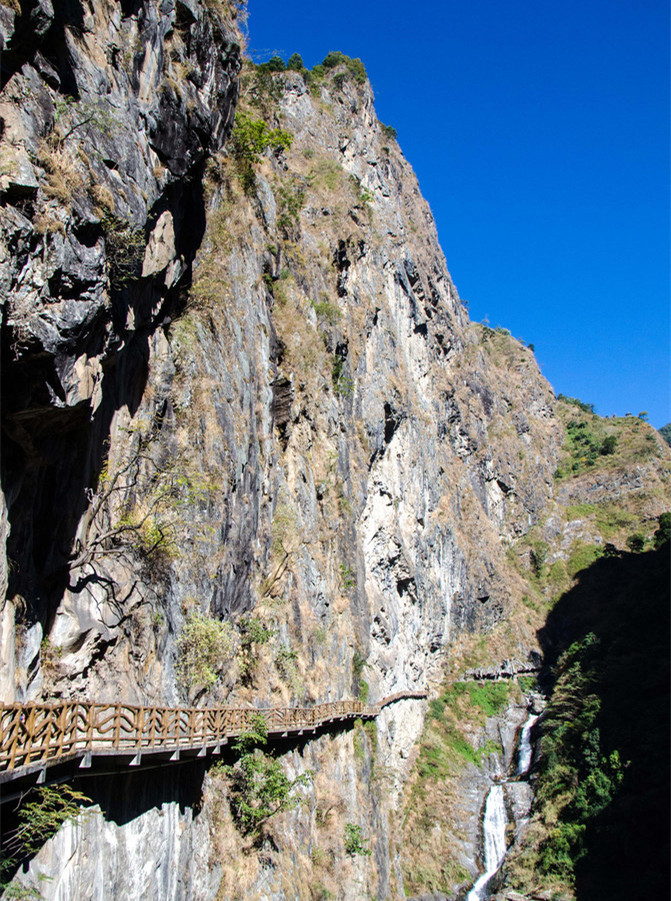
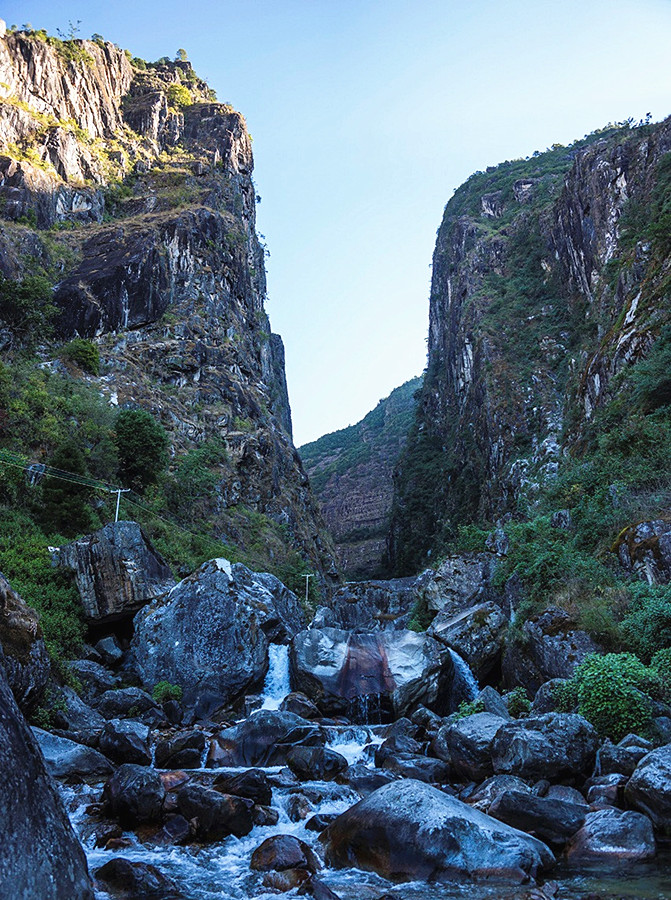
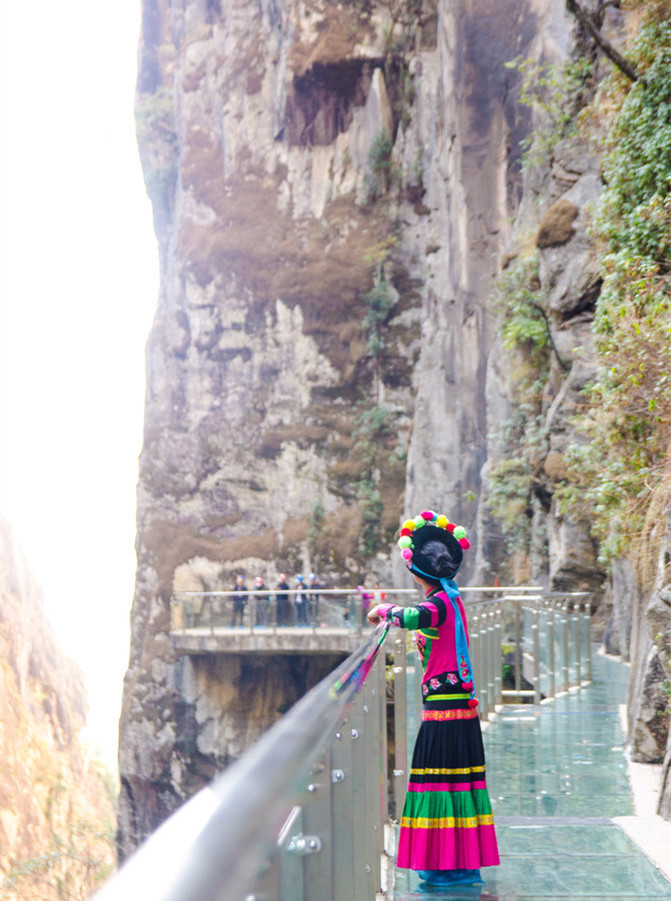
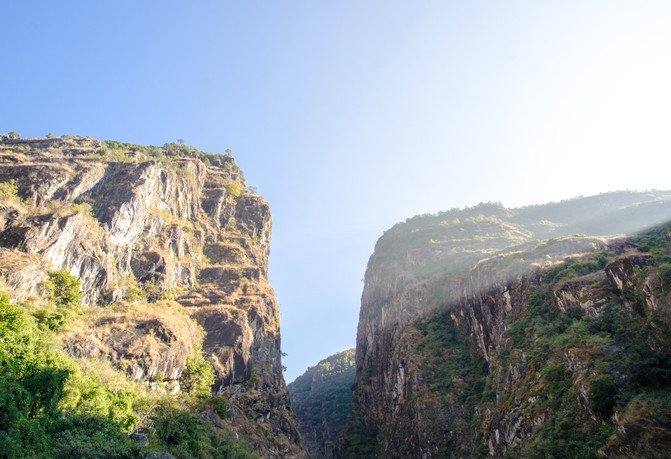
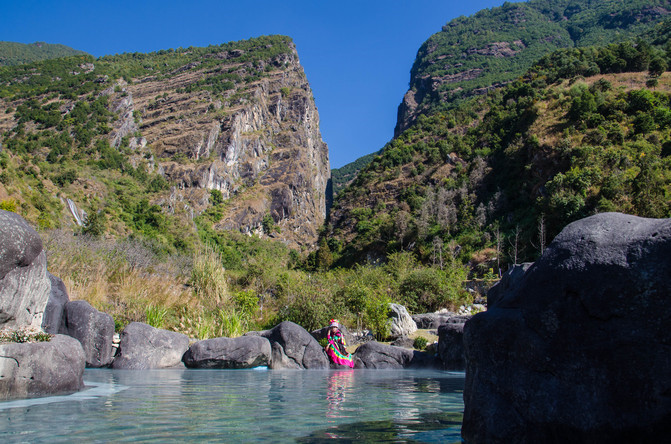
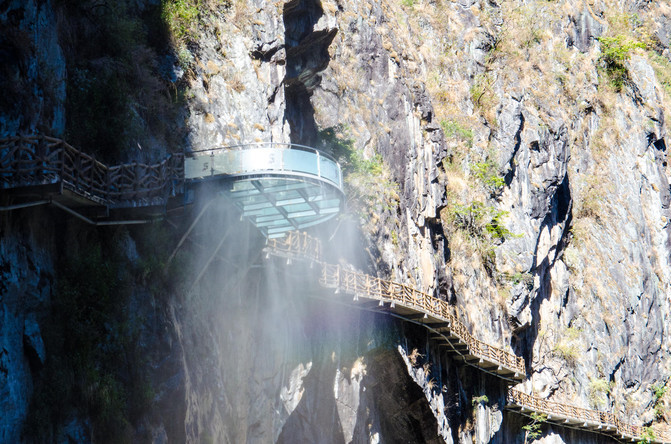
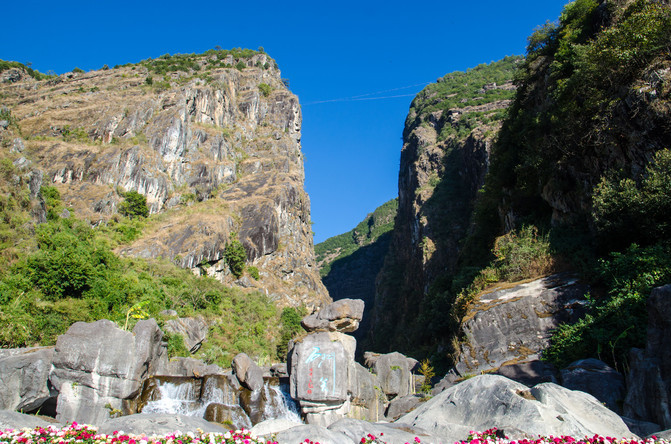

 7 Days GolfingTour
7 Days GolfingTour
 8 Days Group Tour
8 Days Group Tour
 8 Days Yunnan Tour
8 Days Yunnan Tour
 7 Days Shangri La Hiking
7 Days Shangri La Hiking
 11 Days Yunnan Tour
11 Days Yunnan Tour
 6 Days Yuanyang Terraces
6 Days Yuanyang Terraces
 11 Days Yunnan Tour
11 Days Yunnan Tour
 8 Days South Yunnan
8 Days South Yunnan
 7 Days Tea Tour
7 Days Tea Tour
 8 Days Muslim Tour
8 Days Muslim Tour
 12 Days Self-Driving
12 Days Self-Driving
 4 Days Haba Climbing
4 Days Haba Climbing
 Tiger Leaping Gorge
Tiger Leaping Gorge
 Stone Forest
Stone Forest
 Yunnan-Tibet
Yunnan-Tibet
 Hani Rice Terraces
Hani Rice Terraces
 Kunming
Kunming
 Lijiang
Lijiang
 Shangri-la
Shangri-la
 Dali
Dali
 XishuangBanna
XishuangBanna
 Honghe
Honghe
 Kunming
Kunming
 Lijiang
Lijiang
 Shangri-la
Shangri-la
 Yuanyang Rice Terraces
Yuanyang Rice Terraces
 Nujiang
Nujiang
 XishuangBanna
XishuangBanna
 Spring City Golf
Spring City Golf
 Snow Mountain Golf
Snow Mountain Golf
 Stone Mountain Golf
Stone Mountain Golf


















